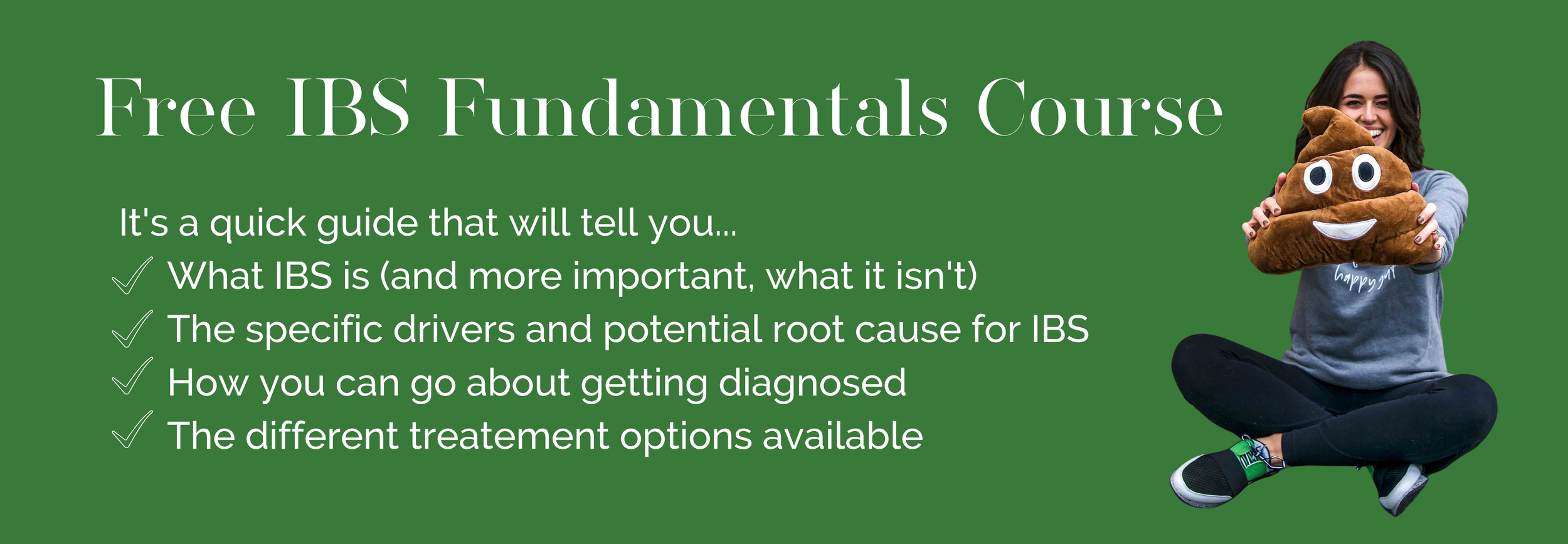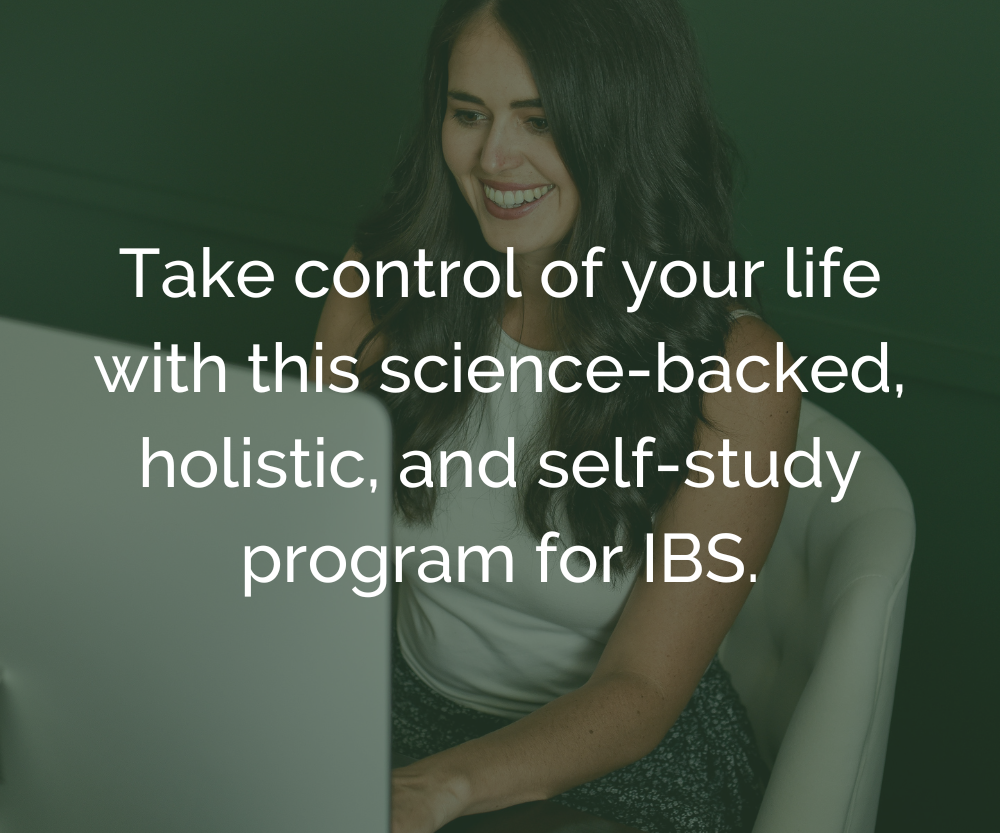How the Digestion Process Works
We, as human beings, eat food every single day, and may not be aware of the complex processes that are occurring in the digestive tract with every bite. Digestion requires teamwork from multiple organ systems to break down foods, absorb nutrients, and excrete what’s left. Without a properly functioning digestive system, our bodies would not have the nutrients they need to survive. Understanding the digestion process will increase your awareness of what’s going on in your body and help you lookout for any issues that may be occurring.
Mouth
Digestion begins in the mouth. Food is mixed with saliva that is secreted by glands in the mouth. The enzyme salivary amylase, found in saliva, begins to break down starch into maltose, a simple sugar. No digestion of protein or fat is done in the mouth.
Stomach
When the bolus of food enters the stomach, carbohydrate is broken down further and protein digestion begins. Hydrochloric acid (HCl) is produced in the stomach to assist in the breakdown of food into simpler compounds to be ready for absorption in the small intestine. It does so by converting pepsinogen into pepsin. Pepsin is the main digestive enzyme that breaks down protein in the stomach.
Small Intestine
As food passes through the stomach, it enters the duodenum. The duodenum is the first portion of the small intestine where the hormones secretin and cholecystokinin (CCK) are released. Secretin acts to stimulate the flow of bicarbonate and water into the duodenum, neutralizing acidic chyme from the stomach. CCK contracts the gallbladder to release bile which helps breakdown fat. The duodenum is also the place where iron and calcium are absorbed.
The majority of nutrient absorption takes place in the jejunum (middle portion) of the small intestine. Amino acids, fatty acids, simple sugars, vitamins, and minerals are absorbed in the jejunum. The remaining food residue then travels to the large intestine.
What’s your poop personality? Find out here!
Large Intestine
No chemical digestion takes place in the large intestine (colon). The large intestine is the site in which the reabsorption of water, sodium, potassium, vitamin K, and biotin occurs. The large intestine converts malabsorbed carbohydrates and fibers into short-chain fatty acids and produces hydrogen, carbon dioxide, nitrogen, and methane gases. This process is done by gut microbes, which live in the greatest quantity in the large intestine. The food residue that is not used for the body is then compacted and eliminated as feces.
Liver, Gallbladder, Pancreas
Accessory organs that assist in the digestion process are the liver, pancreas, and gallbladder. The liver produces bile salts to emulsify lipids (fats) for digestion and absorption. The gallbladder stores bile from the liver, then concentrates and releases bile into the small intestine during digestion. The pancreas produces digestive enzymes and bicarbonate to help the body break down nutrients.
Signs of a Poorly Functioning System
Sometimes, the digestive process doesn’t go so smoothly. Warning signs that the digestive system may not be functioning as well as it should include diarrhea, constipation, excess gas or abdominal pain, nutrient deficiencies, undigested food particles in the stool, and malabsorbed fats found in stool. There are many reasons why these symptoms could occur, so it’s important to discuss them with your doctor or gastroenterologist.
One condition that can lead to altered digestion is irritable bowel syndrome (IBS). Read more about it here.
How is your digestive system functioning? What did you learn from this article? Let me know in the comments below!
Do you want clear guidance to manage your IBS so you can feel confident in your body again?



